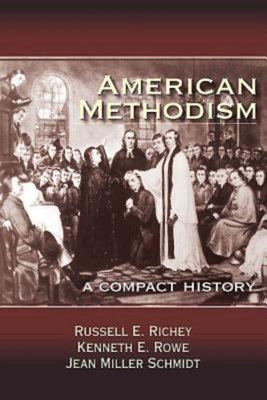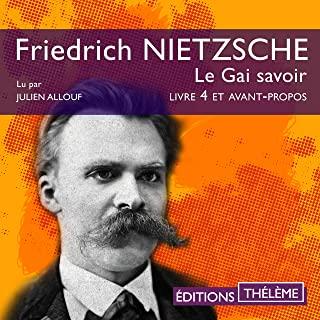
Jewell, Alyssa
product information
description
orytime routine by encouraging children's natural instincts to move, sing, and play! Unlike traditional storytimes, where children are expected to sit quietly and just watch, music and movement storytimes encourage children to learn by getting inside stories while interacting with others. Research shows that this kind of play stimulates the senses, provides connections to all four lobes of the brain, touches on a variety of intelligences, and heightens social and emotional awareness--all while extending the early literacy practices of Every Child Ready to Read(R) and preparing children for school. And because there are no crafts to cut out, no snacks to pack, no scripts to memorize, and no story kits to make, it's one of the simplest, most cost-effective storytime models to implement. Jewell's complete guide shows the way, offering
- 20 ready-to-use storytime plans tailored to specific age groups, including babies, toddlers, preschool and all-ages programs, a real time-saver for storytime organizers and presenters;
- advice and best practices gleaned from interviews with professionals who specialize in storytimes, music making with children and families, yoga storytime, and drama education; and
- lists of recommended resources, from interactive print books to children's music and videos available digitally, with tips on choosing the best materials.
Children's librarians and educators will be delighted to learn that anyone can lead a movement and music storytime, regardless of their level of experience with music or movement, with this book in hand.
member goods
No member items were found under this heading.
listens & views

KING OF FIGHTERS 2002 / ...
by KING OF FIGHTERS 2002 / O.S.T. (JPN)
COMPACT DISCout of stock
$20.99
Return Policy
All sales are final
Shipping
No special shipping considerations available.
Shipping fees determined at checkout.






